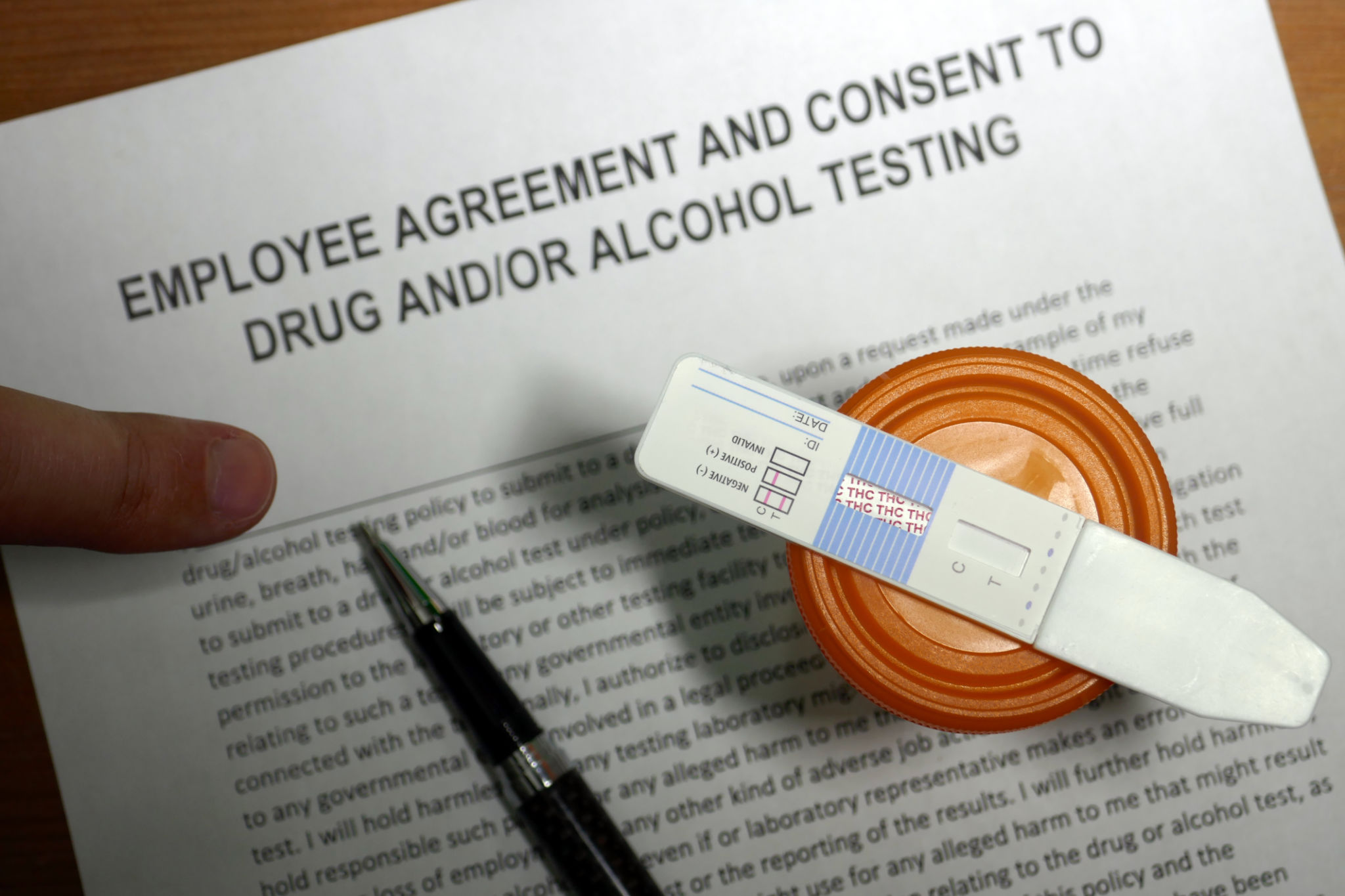Ensuring Compliance: Understanding US Drug Testing Regulations
Introduction to US Drug Testing Regulations
In the United States, drug testing regulations are crucial for maintaining safe and productive workplaces. Employers must navigate a complex landscape of federal, state, and local laws to ensure compliance. Understanding these regulations is essential not only for legal adherence but also for creating a fair and supportive work environment.

Federal Regulations Overview
The cornerstone of federal drug testing regulations is the Drug-Free Workplace Act of 1988. This act requires certain federal contractors and grantees to maintain a drug-free workplace. Additionally, the U.S. Department of Transportation (DOT) mandates drug and alcohol testing for safety-sensitive positions, ensuring that employees in critical roles are not under the influence while performing their duties.
Federal guidelines set the minimum requirements, but they often serve as a baseline for more stringent state and local laws. Employers must stay informed about these guidelines to ensure their drug testing policies are compliant with the law.
DOT Testing Requirements
The DOT has specific testing requirements that apply to industries such as aviation, trucking, and public transportation. These regulations include pre-employment, random, post-accident, and reasonable suspicion testing. Employers in these sectors must adhere to rigorous standards to maintain compliance and ensure safety.

State and Local Regulations
While federal regulations provide a framework, state and local laws can vary significantly. Some states have enacted their own drug testing laws, which may include additional employee protections or requirements. For example, certain states mandate that employers provide advance notice of testing or restrict testing to specific situations.
Employers must be diligent in understanding the specific regulations in each state where they operate. This often involves consulting legal experts or using resources provided by industry associations to stay updated on any changes.
Marijuana Legalization and Its Impact
The legalization of marijuana in many states has added another layer of complexity to drug testing policies. Employers must balance maintaining a drug-free workplace with respecting employees' legal rights. This often requires revisiting and revising drug testing policies to address the nuances of marijuana use, especially for medical purposes.

Best Practices for Compliance
To ensure compliance with drug testing regulations, employers should implement several best practices. First, develop a clear, written drug testing policy that outlines the rationale, procedures, and consequences. This policy should be transparent and communicated to all employees.
Second, provide training for managers and supervisors on how to recognize signs of substance abuse and the proper procedures for conducting tests. This training helps ensure that testing is conducted fairly and consistently.
Maintaining Records and Confidentiality
Proper record-keeping is another critical aspect of compliance. Employers should maintain detailed records of all drug tests conducted, including the results and any actions taken. These records should be stored securely to protect employee confidentiality.
Finally, employers should periodically review and update their drug testing policies to reflect any changes in the law or company practices. Regular audits can help identify areas for improvement and ensure ongoing compliance with all applicable regulations.